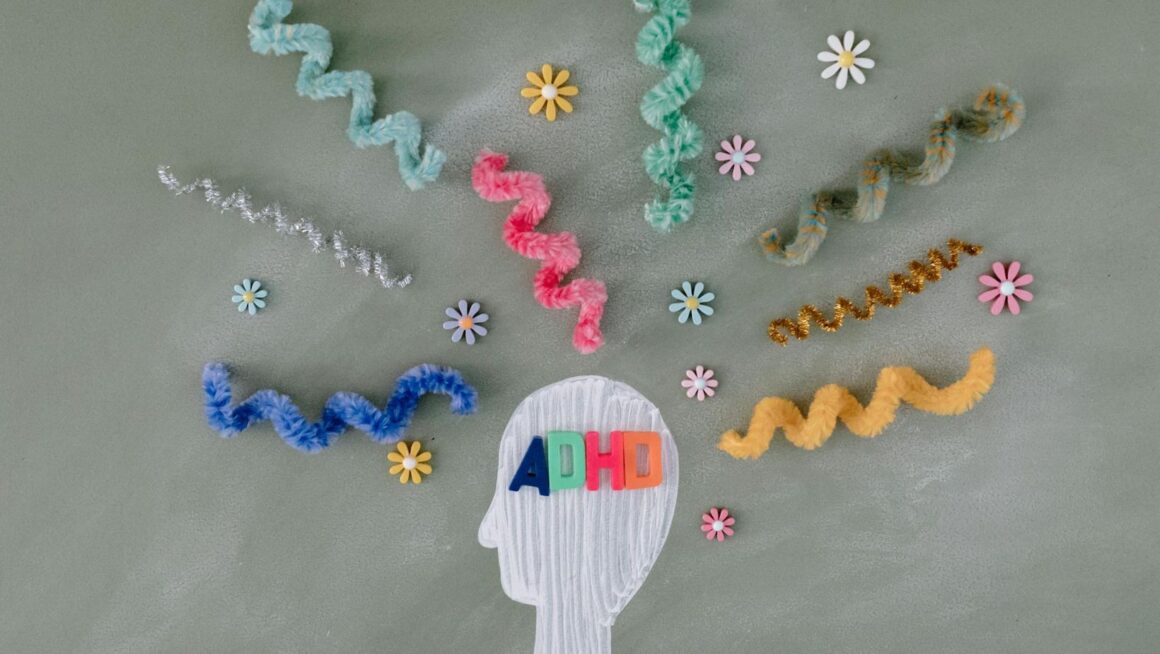Attention Deficit Hyperactivity Disorder (ADHD) in adults can often go unnoticed, with many individuals struggling to manage symptoms that interfere with their daily lives and relationships. It’s a condition usually recognized in childhood, but it doesn’t just disappear with age. Because of this, a large number of individuals with ADHD are misdiagnosed and continue to struggle with related issues. They could struggle to concentrate, plan their work, and have a steady job, all of which have a big influence on their quality of life. Moreover, the strategies developed in childhood to control ADHD symptoms, such as regular routines and particular activities for children with ADHD, may need to be modified for adulthood. For adults with ADHD, recognizing and resolving these enduring challenges is essential to enhancing everyday functioning and interpersonal interactions. Symptoms may evolve, and some adults may not receive a diagnosis until later in life. Understanding ADHD and its impact on adults is crucial for those who experience symptoms but may not realise they’re due to a neurological condition.
The process of getting assessed and diagnosed with ADHD as an adult can be daunting. Many might not know where to begin or what the implications of a formal diagnosis are. Private assessments are an option for those seeking a more personalised approach outside the NHS pathways. Such assessments can provide discretion, flexibility, and often quicker consultations and results. This post aims to explore the various aspects of adult ADHD, particularly focusing on the importance of private assessments and how they can pave the way for better management and understanding of the condition.
Understanding the Basics of ADHD in Adults
Adult ADHD is characterized by persistent patterns of inattention, hyperactivity, and impulsiveness that are severe enough to interfere with daily functioning. Unlike in children, ADHD in adults often manifests as difficulties with time management, organizational skills, and maintaining focus on work or conversations. Adults may also experience emotional dysregulation, such as irritability and mood swings, which are less common in childhood ADHD. Recognizing these symptoms can help in seeking appropriate assessment and understanding how they impact various aspects of life including relationships, work performance, and personal development.
The Importance of Getting Diagnosed
Diagnosis in adult ADHD is crucial as it not only validates the individual’s experiences but also opens up pathways to support and treatment that can significantly improve quality of life. Without a proper diagnosis, adults with ADHD may struggle with self-esteem issues, underachievement, and can often be misunderstood by peers and professionals. Diagnosis involves a comprehensive evaluation that assesses not just the symptoms but also the severity and the impact on one’s daily life, thus paving the way for targeted interventions.
What to Expect from a Private ADHD Assessment
A private ADHD assessment typically offers a more personalized and swift experience. During the assessment, a specialist will conduct a series of evaluations, including detailed interviews and standardized questionnaires.

These assessments are designed to understand the full spectrum of ADHD symptoms as well as any other co-existing conditions, which are common in adult ADHD. The specialist might also seek to obtain a detailed personal history to better understand developmental, educational, and occupational impacts, ensuring a holistic approach to diagnosis.
Choosing the Right Specialist for ADHD Assessment
Selecting the right healthcare provider for ADHD diagnosis is critical. It is important to look for a specialist who is not only qualified but also has substantial experience dealing with adult ADHD. Psychologists, psychiatrists, and neurologists with a focus on ADHD are preferable. One can look for referrals from general practitioners, patient reviews, and ADHD support groups for recommendations. A specialist’s approach to ADHD should be comprehensive, considering every facet of the individual’s life.
Preparing for Your ADHD Assessment
To prepare for an ADHD assessment, it’s beneficial to compile any relevant personal information such as your medical history, any previous mental health evaluations, and reports from your school days, if available. Additionally, maintaining a diary of symptoms and how they impact your daily functioning can provide invaluable insights to the assessing specialist. It’s also useful to prepare questions for the clinician about the assessment process, potential treatments, and strategies for managing symptoms.
ADHD Treatment Options Post-Diagnosis
Once diagnosed, treatment options can include medication, psychotherapy, coaching, and lifestyle changes. Medications, typically stimulants, are effective for many adults and help increase attention while decreasing impulsiveness and hyperactivity. Psychotherapy can assist in coping with past academic, professional, and social difficulties. ADHD coaching focuses on developing specific skills and strategies to manage daily tasks and relationships more effectively. Lifestyle adjustments, such as structured routines, regular exercise, and a healthy diet, also play a crucial role in managing ADHD.
Understanding the Costs Involved in Private ADHD Assessments
Private ADHD assessments can be costly, with prices varying significantly depending on the specialist and the depth of the assessment required. Understanding these costs upfront is important as it helps in planning and decision-making. Some private health insurances might cover parts of the assessment, so reviewing your policy details or discussing these with your insurance provider could be beneficial.
The Role of Support Groups in Managing ADHD
Support groups for ADHD can be incredibly beneficial. They provide a platform for sharing experiences, tips, and support among those who face similar challenges. Members of support groups often discuss practical strategies for coping with everyday challenges, share information about navigating medical and therapeutic interventions, and offer emotional support that can be crucial in building self-esteem and resilience.
Lifestyle Adjustments for Adults with ADHD
Managing ADHD symptoms often requires adjustments in one’s daily life. This can include implementing strict time-management systems, using organizational tools like planners and apps, setting up reminders, and creating routines that help reduce the chaos that can accompany ADHD. Environmental modifications, such as minimising distractions at home or work, can also contribute significantly to managing symptoms.
Long-Term Management of Adult ADHD
Managing ADHD is an ongoing process that might include regular follow-ups with healthcare providers to monitor symptoms and adjust treatments as necessary. Continued psychoeducation about ADHD is also important as it helps individuals and their families understand the condition and its implications. Personal development efforts, including career counselling and skills development, are also crucial as they help leverage the individual’s strengths and accommodate their ADHD, rather than working against it.

Recognising and diagnosing ADHD in adults is essential for effective management and improving quality of life. For those seeking more direct control over their diagnostic process, private ADHD assessments offer an invaluable resource. Services like those provided by Augmentive.io can help streamline this process by connecting individuals with specialists trained in adult ADHD. These specialists offer not just diagnostic services, but also comprehensive care plans tailored to each person’s unique needs.
The journey to managing ADHD is ongoing. With the right support and strategies, individuals can enhance their focus, manage impulsivity, and lead fulfilling lives. The understanding that comes with a diagnosis can be transformative, offering not just explanations for past struggles but also a blueprint for a more structured and manageable future. Whether through private care, public services, or personal strategies, taking steps to address ADHD is a move towards greater self-awareness and empowerment.



